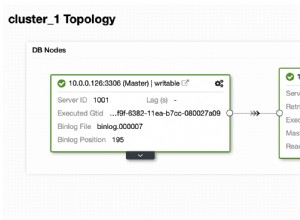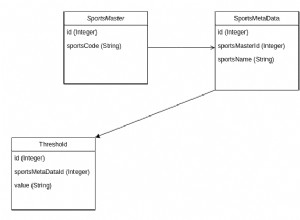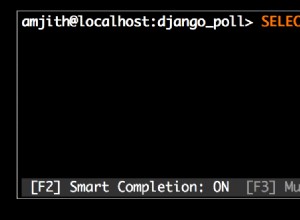Ce qui suit devrait fonctionner, si les valeurs sont bien NULL et non vides :
select id,
concat_ws('||', Phone1, Phone2, Phone3)
from t
La référence est ici :
Pour gérer la commande, j'opterais pour :
select id,
group_concat(phone Separator '||' order by phone) as ConcatPhones
from (select t.id,
(case when nums.n = 1 then phone1
when nums.n = 2 then phone2
when nums.n = 3 then phone3
end) as phone
from t cross join
(select 1 as n union all select 2 union all select 3) nums
) p
where phone is not null
group by id
Cela filtrera tout identifiant qui n'a pas de numéro de téléphone.
Vous pouvez également le faire avec un case géant déclaration, même si cela ressemble à un cauchemar :
select t.id,
(case when phone1 < phone2 and phone2 < phone3 then concat_ws('||', phone1, phone2, phone3)
when phone1 < phone3 and phone3 < phone2 then concat_ws('||', phone1, phone3, phone2)
. . . through the remaining 4 permuatiations when all three are present
when phone1 is null and phone2 < phone3 then concat_ws('||', phone2, phone3)
. . . through the remaining 5 permutuations when one is NULL
when phone1 is null and phone2 is null then phone3
. . . through the remaining 2 permutations when two are NULL
end) as ConcatPhones
from t
C'est plus efficace. C'est faisable pour 3 numéros de téléphone. Je ne voudrais pas avoir affaire à, disons, cinq d'entre eux.




